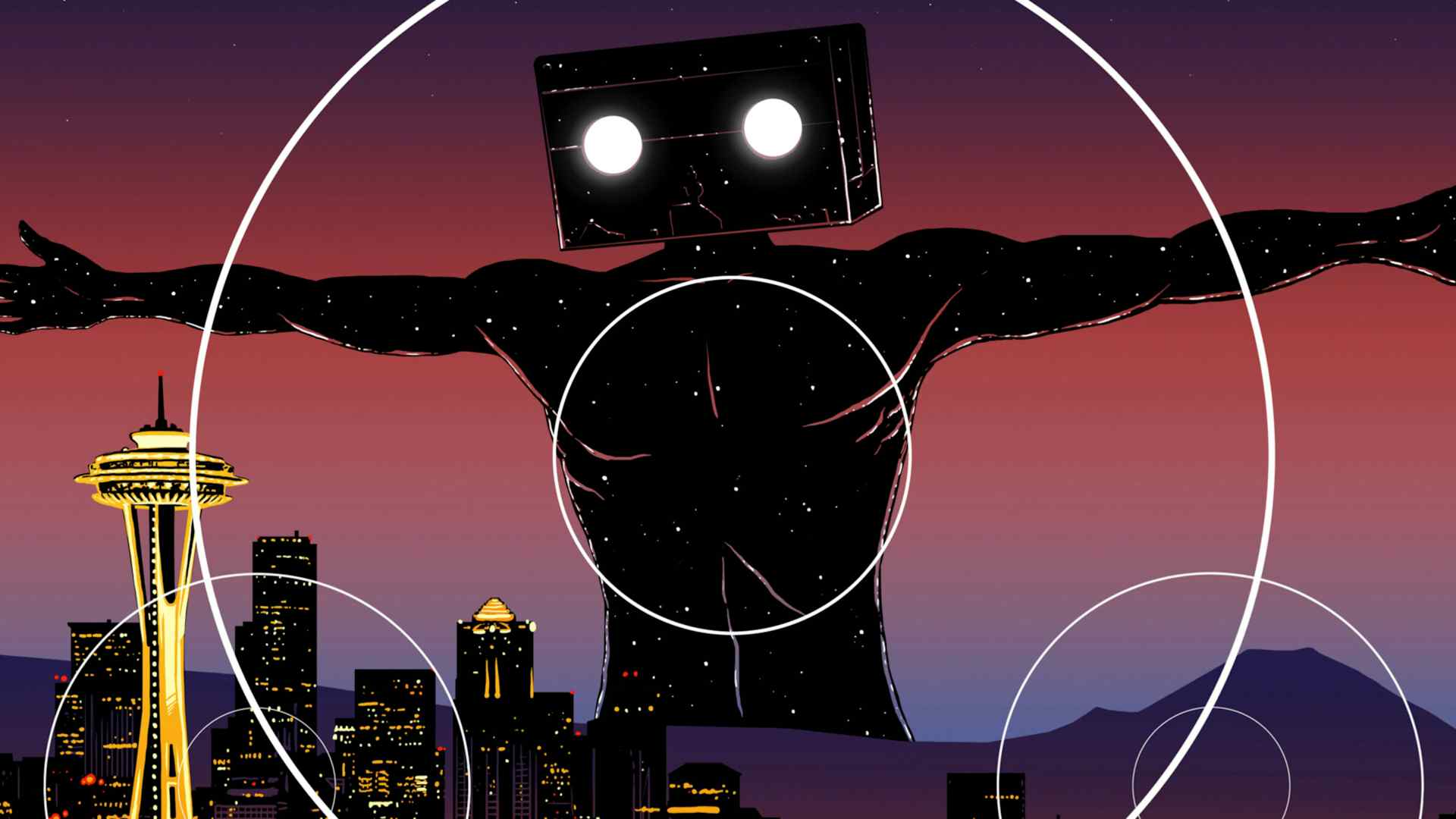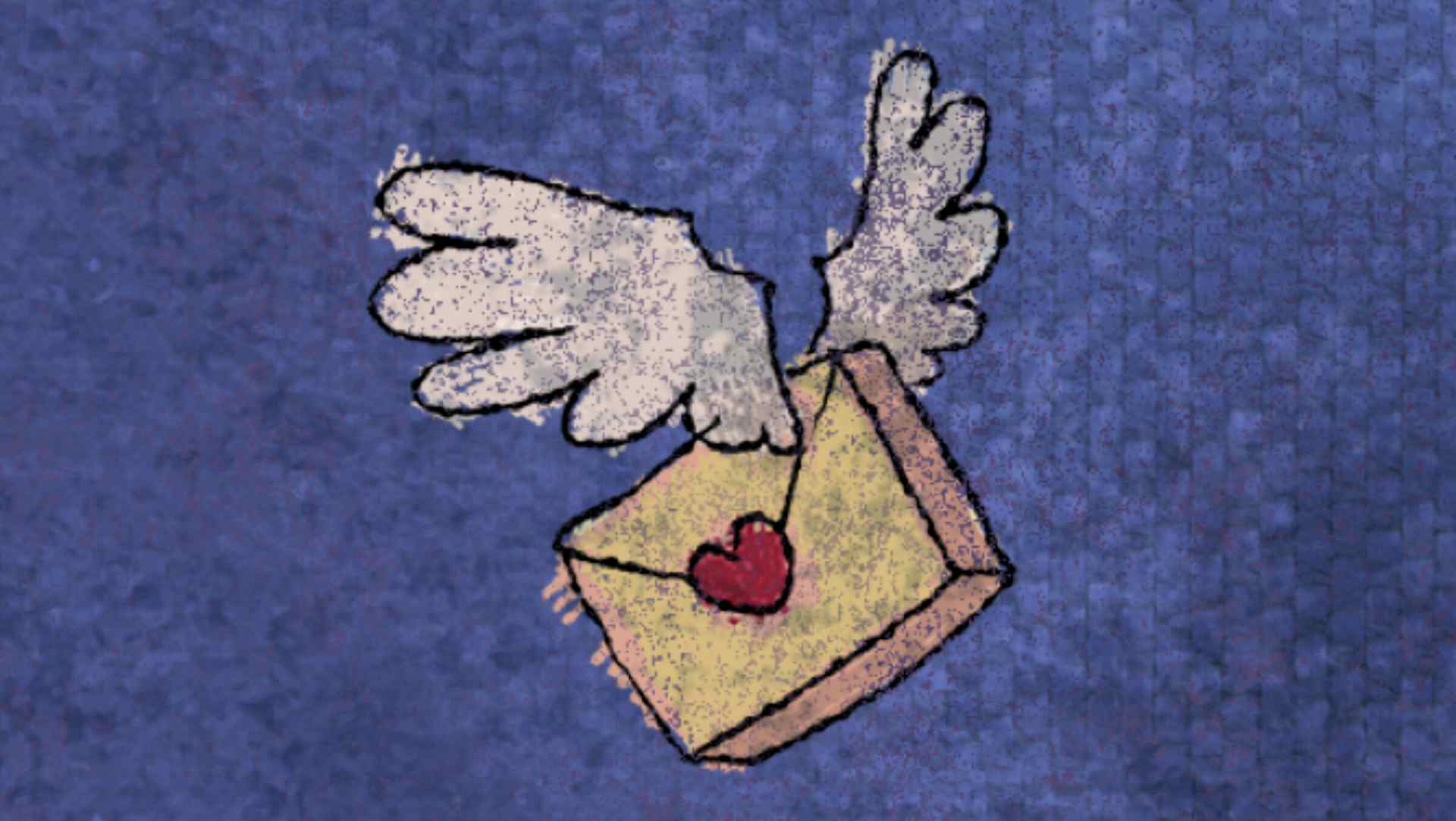Robert Horton is a Scarecrow board member and a longtime film critic. This series of "critic's notes" is chance to highlight worthy films playing locally and connect them to the riches of Scarecrow's collection.

Everything but the kitchen sink goes up into the air in Danny Boyle's 28 Years Later, including arrows, corpses, and a towering obelisk of human skulls. The filmmaker piles on the imagery like an impatient reader flipping through a magazine—at certain points his manic montage includes rampaging zombies, old newsreels, footage from Laurence Olivier's film of Henry V (lots of arrows in that one), and an old-timey recording of Rudyard Kipling's "Boots." This, clearly, is madness. But it's not inappropriate to the setting, a third chapter of the zombie saga from Boyle and screenwriter Robert Garland.
A generation has lived with the infection first proposed in 28 Days Later (2002), and Britain is a quarantined island, alone in the world, still threatened by fast (if ungainly) undead. After a prologue, we focus on a 12-year-old lad named Spike (Alfie Williams), who lives with his parents on a walled island off the coast of Scotland, accessible from the mainland during low tide. Spike's father (Aaron Taylor-Johnson) is about to take the boy across the water for the first time, armed with full quivers, prepared to bag a few of the infected. Spike's mother (Jodie Comer) lies in bed, feverish and sometimes hallucinating—but she will get her trip to the mainland before the movie is finished.
Even with all the overboard zombie action, Boyle and Garland have ideas. One of those is a favorite Boyle theme, about how people, especially young people, must find a new way through the world. Here, Spike's father embodies the machismo of the past, an attitude that will drive the boy in the direction of his mother. The most fearsome emblem of brutal masculinity comes in the form of a mighty-schlonged zombie called Alpha, a tireless bother. There's also a good deal of philosophizing about death, mostly delivered by a shamanic figure (Ralph Fiennes, smeared with iodine).
You'd think this post-Covid film would be interested in our pandemic experience, but there's less of that than there is an implicit critique of Brexit, with the film's vision of an isolated Britain becoming increasingly desperate and divided (thus the Shakespeare and the Kipling, I suppose). That keeps things interesting, if you can bear Boyle's need to cut every couple of seconds, even in a relatively calm dialogue scene. The movie was shot mostly on an iPhone, so a lo-fi aesthetic is in place—but for what purpose, I really can't say.
But enough about frickin' "implicit critiques," already. Does the movie conjure up the scares? Pretty well. Does it have characters who create a credible emotional life within the genre expectations, and actors who can bring the goods? That too. And is there a strong implication that a sequel is not only in the works but intriguing in its possibilities, given what we see of the next chapter here? Actually, yes. Good enough for a zombie chapter, and even Kipling might've appreciated the "Will which says to them, 'Hold on!'" displayed in our hero's coming-of-age grit.
June 20, 2025


